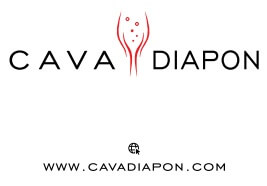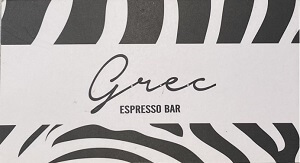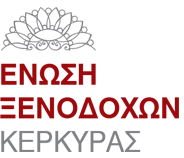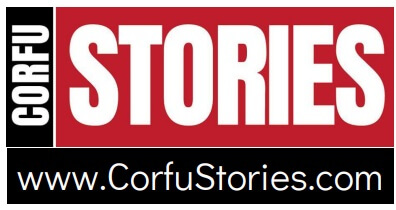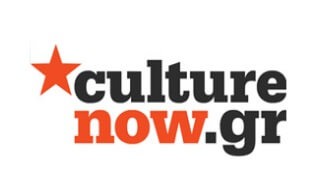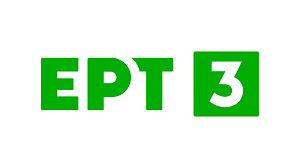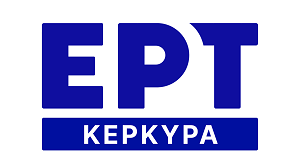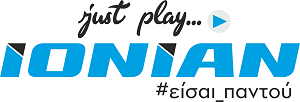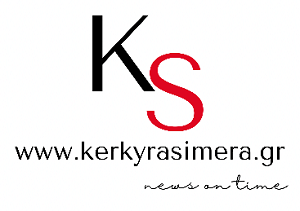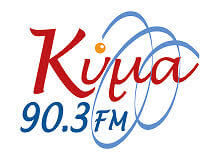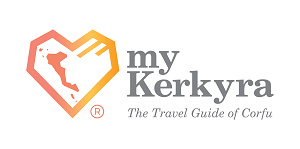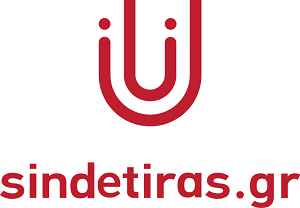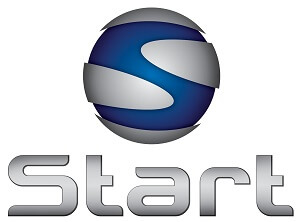Artificial Intelligence (AI) is a technology that is both transformative and disruptive. Its evolution over the last decades has been facilitated by the availability of enormous amounts of digital data, major technological advances in computational power and storage capacity, as well as significant scientific and engineering innovation in AI methods and tools. Major AI-enabled developments in autonomous vehicles, healthcare, home/service robots, education or cybersecurity are improving the quality of our lives every day. Digital creativity may be the ultimate challenge for AI. As digital content and delivery platforms continue infiltrating all forms of media and expression, the role of AI will undoubtedly expand.
Many research projects already question the extent to which intelligent technologies develop their own sense of artistic creativity without guidance. However, the idea of assisting humans when dealing with art is also challenging when they are not the creators, but they enjoy an artistic creation. In this context, AI TRACE approaches this challenge through two suggestions: by exploring the influence of intelligent technologies on the way the audience discovers and experiences digital art and by doing so in an ethical way. An AI system in the art exhibition sector that will be developed, deployed, and used with an « ethical purpose » is key to engage the audience more deeply with the artistic content and at the same time to ensure transparency and responsibility of the data subjects’ privacy.
AI TRACE (Synaesthetic Engagement of Artificial Intelligence with Digital Arts and its Audience) is a research project at the intersection of science and art that is being hosted by Panteion University and funded by HFRI (Hellenic Foundation for Research and Innovation). It involves an interdisciplinary team bringing together established and emerging scholars, artists, developers, and cultural institutions to co-design and produce an innovative technological prototype, targeted towards the cultural sector and to experiment with state-of-the-art research methodologies.
The prototype will be developed as an ethically compliant audience research tool that can be used in the arts exhibition sector to track, analyse, and present data collected from visitors in the form of a personalized 3D digital object. The prototype will showcase Artificial Intelligence subset system that will act analysing and correlating different data sets collected from user’s experience within the gallery space. The expected outcome of this process will be mapped to a set of criteria that will return a unique per user audio-visual object reflecting visitor’s engagement. The user experience will be enriched by the placement of the personalized digital object in Augmented Reality space, within the physical exhibition space, allowing the visitor to interact with any other objects of the same type coexisting in Augmented Reality space.
Taken into consideration that this is a two-year-project and that we are in the beginning of the second year, this presentation will focus on the discussion of the general methodological framework for AI TRACE’s behavioural analysis tool in terms of design, both functional and visual, having constantly in mind the ethical requirements that the AI system should meet in order to be deemed trustworthy (lawfulness, technical robustness, transparency, non-discrimination and fairness). More specifically, we will present the methodological scheme of AI TRACE which utilises well-established methodologies from the museum visitor research sector in order to train an AI model to recognise behavioural patterns of new visitors based on their activity in an exhibition space. Considering that AI TRACE is a representational-oriented tool, we will, also, discuss the development of the audio-visual metalanguage that is being used in order to form each visitor’s unique object which reflects her/his behaviour in the exhibition space. Finally, we will discuss the challenges so far faced by the implementation of emerging methodologies in the arts exhibition sector for visitors’ research.
Back
SPONSORS
 Agora Restaurant Grill House
Agora Restaurant Grill House Lupin Aperitivo Espresso Bar
Lupin Aperitivo Espresso Bar


